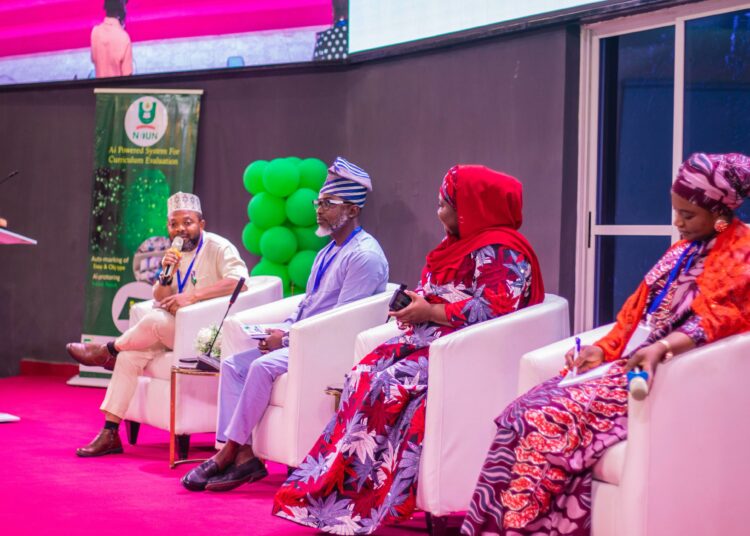Stakeholders in the education sector have called for increased investment in digital literacy to empower individuals, transform education, and boost economic growth, particularly in Nigeria.
Speaking at the Digital Education Day 2025 in Abuja, Prince Collins Ezeiruaku, trade ambassador for the International Trade Facilitating Association (ITFA), emphasized that digital education is key to fostering innovation and navigating today’s rapidly evolving world.
“We are in a pivotal moment where technology is transforming industries, breaking down barriers, and creating new opportunities, but this revolution will only be meaningful if it is inclusive,” he said. Ezeiruaku highlighted global examples, such as Canadian tech firms expanding beyond borders and partnerships with institutions focused on digital entrepreneurship.
Vice-Chancellor of the National Open University of Nigeria (NOUN), Professor Olufemi Peters, reaffirmed the institution’s commitment to leveraging technology for inclusive education, stressing that digital tools have reduced barriers but more efforts are needed to ensure accessibility.
Similarly, Professor Grace Jokthan, Centre Leader at ACETEL, emphasized that digital literacy and infrastructure are essential for creating equal educational opportunities, especially in rural areas.
Speakers at the event agreed that collaborative efforts, sustained investment, and policy reforms are crucial to closing the digital divide and ensuring technology benefits all sectors of society.




